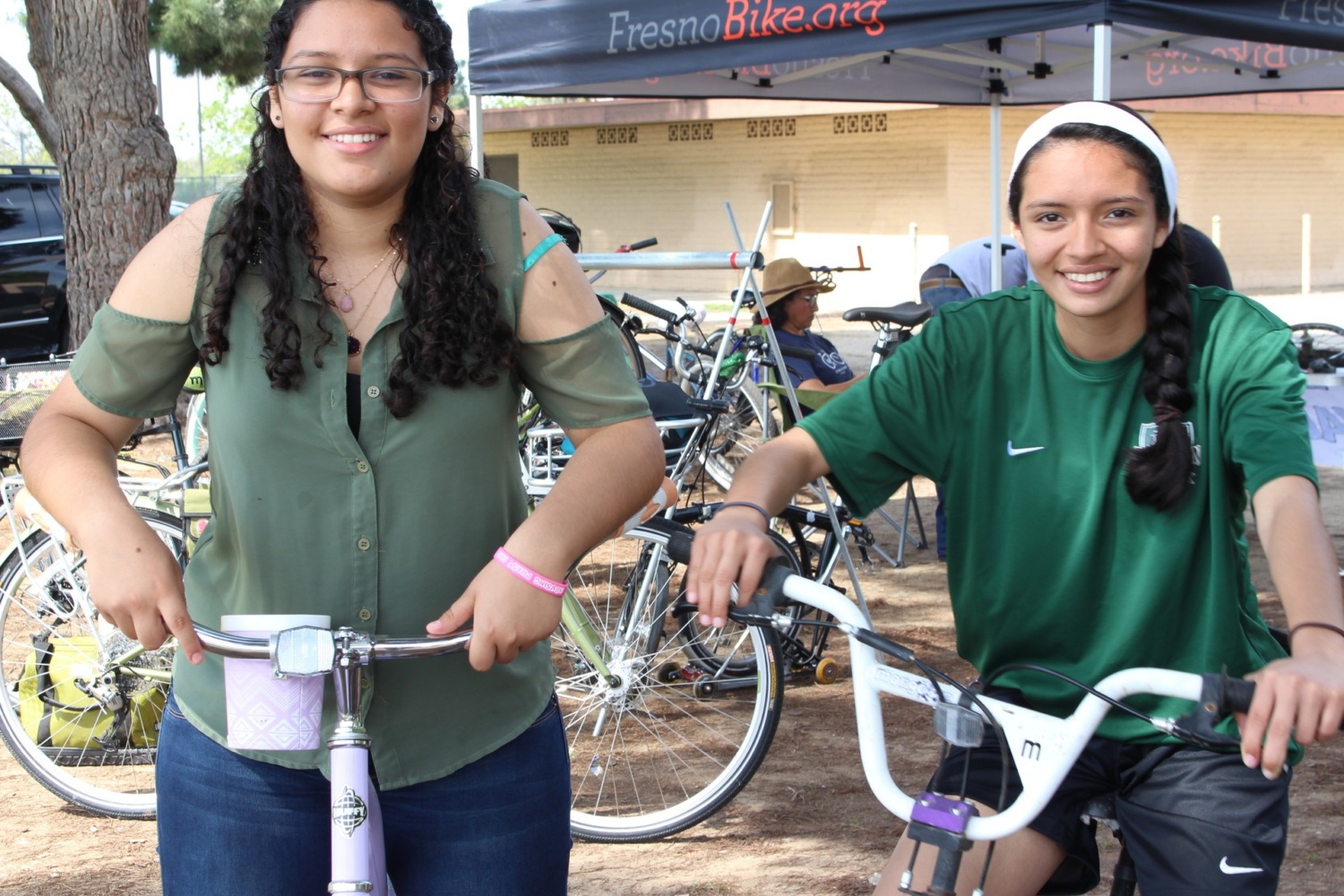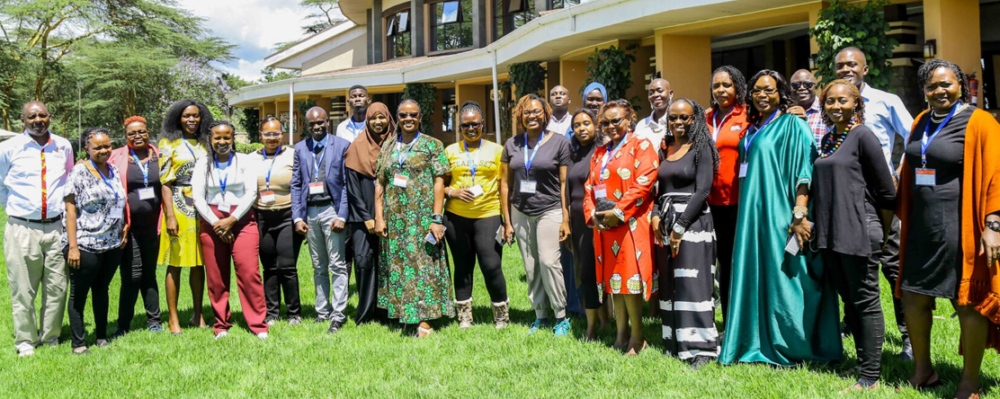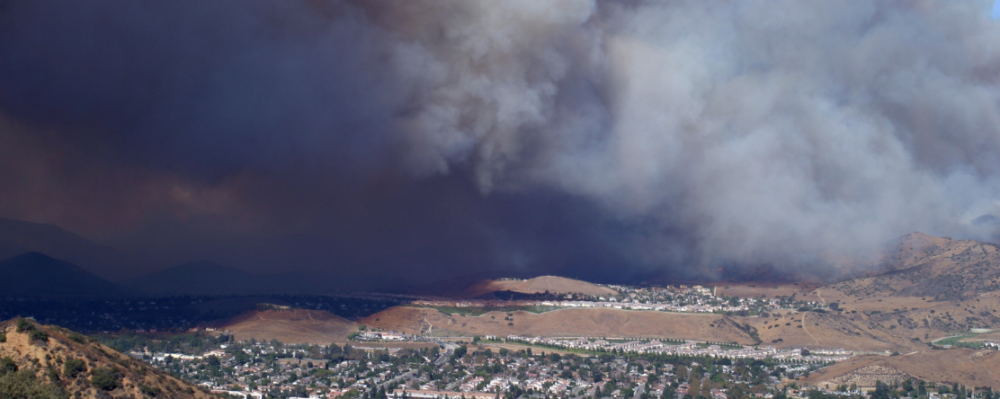
In the News
Fresno Aims To Boost Health Through Biking, Walking
-
Focus Areas
Chronic Disease Prevention, Healthy Communities -
Issues
Physical Activity -
Programs
Cultiva La Salud/Central California Regional Obesity Prevention Program

Volunteer bike mechanics fix faulty brakes and flat tires under colorful tents at a park in south Fresno. The free bike repair event, organized by the local nonprofit Cultiva la Salud, has attracted dozens of kids and their parents.
Joanna Ruiz, 13, awaits her turn while holding her bike, which has rusty chains. She says she would like to bike more, including riding her bike to school. But her parents won’t allow it.
The 2-mile ride from her home to school is over busy roads with scary intersections and no bike lanes, Ruiz says.
“It’s basically too dangerous,” she says. “A lot of cars don’t even stop when they see us, so it would be too dangerous for us to be just riding in the streets.” Instead, Joanna’s mom drives her and her three siblings to school and most destinations.
The family’s fears are founded. They live in south Fresno, where the majority of the city’s car collisions with bicyclists and pedestrians take place.
Public health advocates say unsafe streets discourage people from being active, and lack of activity in turn can drive up rates of Type 2 diabetes and obesity. South Fresno is majority Latino and African-American — people who suffer disproportionately from these conditions.
Joanna Ruiz’s ZIP code in south Fresno has a higher incidence of diabetes among adults than Fresno as a whole, according to data from the UCLA Center for Health Policy Research. Fresno County’s death rate from diabetes is one of the highest in California.
Officials in Fresno are now aiming to boost public health and safety for bicyclists and pedestrians by creating more transportation options that do not involve driving.
Fresno Earns ‘Bike-Friendly Community’ Award
Fresno has already moved to become more bike-friendly, according to the League of American Bicyclists. The league cited Fresno’s bike-friendly laws and public education outreach in awarding it a “bronze designation.”
The city is pushing ahead with a transportation plan that includes more biking and pedestrian options. Fresno city officials are collecting public comment, with the first two workshops open to the public scheduled for tonight and Thursday. Residents can also suggest where the city should make streets safer for bicyclists and pedestrians through an online mapping tool.
Infrastructure Lacking in Fresno’s Older Neighborhoods
Since 2010, Fresno has dramatically extended its bike lane network by more than a third, to about 155 miles, say city officials.
Most of those improvements have been focused in the wealthier and newer neighborhoods in the city’s north, says Genoveva Islas, who directs Cultiva la Salud. The health nonprofit organizes free bike repair events and group rides with Latin American cumbia music to promote exercise and prevent chronic illnesses among local Latino families.
“Unfortunately, when you come south where there are census tracts of lower-income residents, that’s where you really begin to see a deficit in both bicycle and pedestrian infrastructure,” says Islas, who was born in Fresno. “So the protective factors that north Fresno has are clearly not available for residents who are living in south Fresno.”
Islas says unsafe streets discourage residents from opting to be more physically active in their daily routines, while going to the store or work. That in turn hurts obesity and diabetes prevention efforts.
“We understand that in order for our communities to bike more, they need the infrastructure that keeps them safe and doesn’t put their lives or their children’s lives at risk,” says Islas.
Continue reading the full article and view more photos on KQED.
Originally published by KQED
More Updates
Work With Us
You change the world. We do the rest. Explore fiscal sponsorship at PHI.
Support Us
Together, we can accelerate our response to public health’s most critical issues.
Find Employment
Begin your career at the Public Health Institute.



